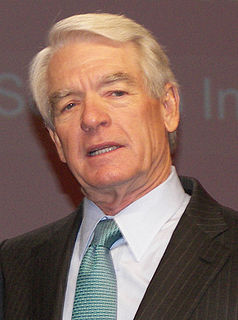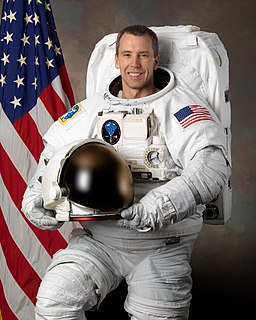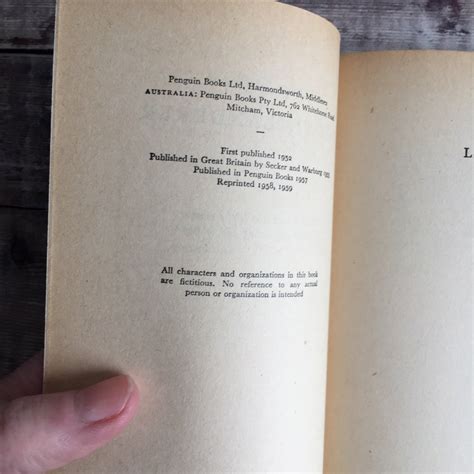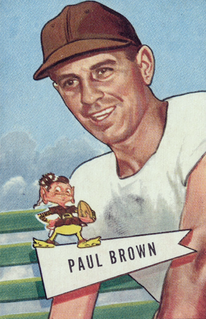A Quote by Roger Zelazny
Space opera was the sort of story on which I grew up. When I was younger, I read heavily in pulp magazines. They were readily available in the stores.
Related Quotes
Before I went to boarding school, I had never read a fashion magazine. I grew up on a council estate in London, and fashion magazines were a luxury item that weren't even on my mind. The closest I got to a fashion magazine was my cousin's 'Top of the Pops' magazines, where we would learn the lyrics to every song and put posters on our walls.
When I was younger, humans went to the moon when I was about 4 years old, and I imagined that as I got older and became an adult that traveling in space was going to be fairly common and something that we all did. So I grew up believing that I'll be an astronaut just like these guys were that were going to the moon.
I grew up in Memphis, Tennessee; I went to college in New Orleans before moving to New York City for graduate school. Both sets of my grandparents grew up in rural Mississippi and brought a lot of agrarian knowledge to Memphis, which is an urban center in the South. Both sets had amazing backyard gardens. My paternal grandfather, practically every inch of available space was green.
Meanwhile, however, what’s most bothersome about Pulp Fiction is its success. This is not to be mean-spirited about Tarantino himself; may he harvest all the available millions. But the way that this picture has been so widely ravened up and drooled over verges on the disgusting. Pulp Fiction nourishes, abets, cultural slumming.
What we have here is a rousing boy's adventure story, adapted from stories that Edgar Rice Burroughs cranked out for early pulp magazines. They lacked the visceral appeal of his Tarzan stories, which inspired an estimated 89 movies; amazingly, this is the first John Carter movie, but it is intended to foster a franchise and will probably succeed.






































